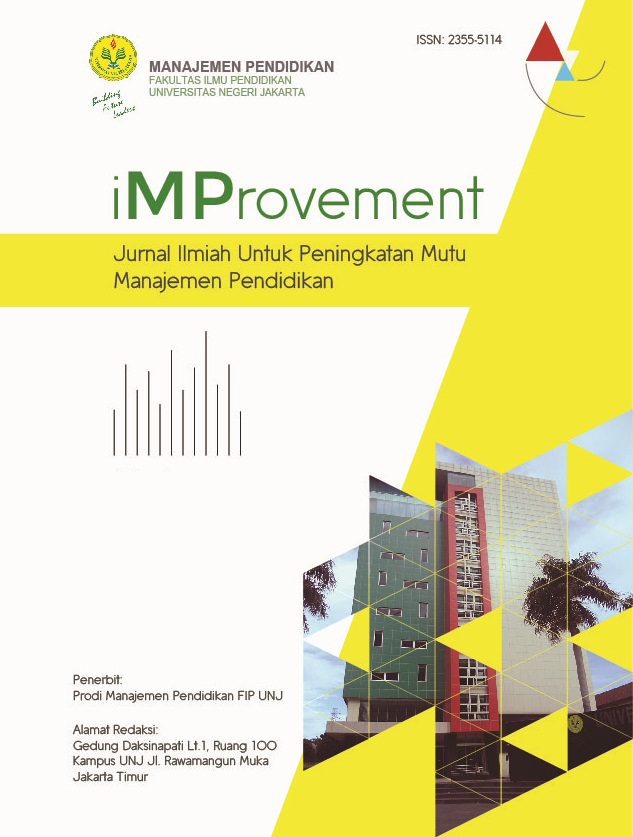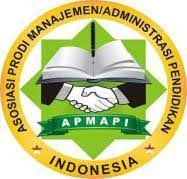The Influence Of The Think Pair Share Learning Model On Communication Ability, Problem Solving And Science Learning Outcomes Of Class V Students
DOI:
https://doi.org/10.21009/improvement.v10i2.38364Keywords:
Think Pair Share Learning Model, Communication Skills, Problem Solving Ability, Learning OutcomesAbstract
The purpose of this study was to determine the effect of the application of the Think Pair Share learning model on communication skills, problem solving abilities and learning outcomes of students of class V MIN 4 Selayar Islands. This type of research is a pretest-posttest control group design. The number of samples in this study were 30 people, consisting of 15 people in the experimental class and 15 people in the control class. The data collection method used is the learning achievement test to measure learning outcomes, observation to measure communication and problem solving abilities, and documentation. The data analysis technique used is descriptive statistical approach, imperential analysis and hypothesis testing. The research results obtained were 1) students' communication skills were 0.009 <0.05, which means H1 was accepted and H0 was rejected, that is, there was an effect of the application of the Think pair share learning model on students' communication skills. 2) students' problem-solving ability is 0.021 <0.05, which means that H1 is accepted and H0 is rejected, that is, there is an effect of applying the Think Pair Share learning model to students' problem-solving abilities. 3) student learning outcomes are 0.001 <0.05, which means H1 is accepted and H0 is rejected, that is, there is an influence of the application of the Think pair share learning model on social studies learning outcomes for students of MIN 4 Selayar Islands.
Downloads
Published
How to Cite
Issue
Section
License
Copyright (c) 2023 Fadhilah Hukmiah, Rosleny Babo, Idawati

This work is licensed under a Creative Commons Attribution-NonCommercial-ShareAlike 4.0 International License.
Authors who publish with this Journal agree to the following terms:
- Author retain copyright and grant the journal right of first publication with the work simultaneously licensed under a creative commons attribution licensethat allow others to share the work within an acknowledgement of the work’s authorship and initial publication of this journal.
- Authors are able to enter into separate, additional contractual arrangementfor the non-exclusive distribution of the journal’s published version of the work (e.g. acknowledgement of its initial publication in this journal).
- Authors are permitted and encouraged to post their work online(e.g. in institutional repositories or on their websites) prior to and during the submission process, as it can lead to productive exchanges, as well as earlier and greater citation of published works.
-
Users/public use of this website will be licensed to CC BY-NC-SA (Attribution & Non-Commercial-ShareAlike)



